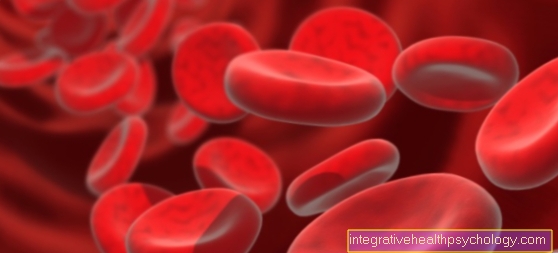Concentration training
Synonyms in a broader sense
Improving concentration, brain games, brain jogging, training the brain, focusing concentration, concentration exercise, memory, memory training, memory performance
definition
How can you improve your ability to concentrate with the help of specific exercises?
This is the central question that arises across the board in relation to concentration training.
There are a multitude of exercises and a multitude of media with the help of which one can train concentration.
In the following, different forms and possibilities of concentration training are discussed
Improvement in poor concentration
In order to improve an existing concentration disorder, concentration games are particularly advisable. For this purpose, we have developed a game in cooperation with a game manufacturer, which can playfully promote concentration.
Through the combination of concentration and play, various goals can be achieved very well.
We particularly value the high quality and workmanship of this game.
You can also find suggestions for memory training on our website memory.
The Marburg concentration training
In psychological practice, among other things, the The Marburg concentration training for school children (MKT) Proven useful. It is particularly suitable for children whose attention is repeatedly oriented away from the object being processed due to increased distractibility, be it due to impulsiveness or a slowed working posture. It is therefore particularly suitable for children with ADD - even those with hyperactivity.
The Marburg concentration training for school children is based on the so-called verbal self-instruction, that means: As part of the training, not only a test of the ability to concentrate takes place, but rather through the concentration training and its exercises to promote perception, memory, logical thinking and accuracy, the child learns to give himself instructions to give to the solution of the task.
This verbal self-instruction is, in particular, a method which is often used in the context of ADD and ADHD therapy.
The Marburg concentration training are available in two different versions:
- For kindergarten and preschool children
- For school children
It's in a special way for attention-deficit children suitable that themselves don't focus purposefully can and one slowed operation have.
The concept is based on the verbal self-instruction (see occupational therapy), which means that during the training not only the ability to concentrate is trained and used, but the child learns in particular through the verbal self-instructions that To promote perception, memory, logical thinking and accuracy and yourself Solution mechanisms self-employed before eyes to hold.
Brain games
As the name suggests, these are games that require active thought. The happiness factor is largely outsourced, rather you train logical and strategic thinking as well as the ability to combine.
They are particularly suitable for that brain to claim and to use it in a different way than the usual form in everyday life. Since you have to concentrate in order to reach the goal, they serve in a special way to train the ability to concentrate, but also stamina.
In the field of Brain games one can distinguish between:
- classic mind games, such as memory, chess, sudoko (Solo choir), Puzzles etc.
- Strategy gameswhere one pursues a goal and tries to achieve the best possible.
- Association gameswhich often do without material. Classic association games are, for example, finding a new word based on the last letter of the previous word or forming word chains: sun - sunscreen - cream soap - soapy water - pretzel ...
Thinking games are available as board games, computer games, but also as games that can be played on the fly without any materials. They can be played alone or in combination with one or more partners. By solving a mind game on your own, not only the ability to concentrate but also the self-esteem is increased. Since you can play it in a community and regardless of age, mind games - like board games in general - also have a social component.
related subject areas
For more information on learning problems, see:
- ADHD
- ADS
- Dyslexia
- Dyscalculia
- Speech disorders
- Giftedness
- Educational games
- Autism Spectrum Disorder

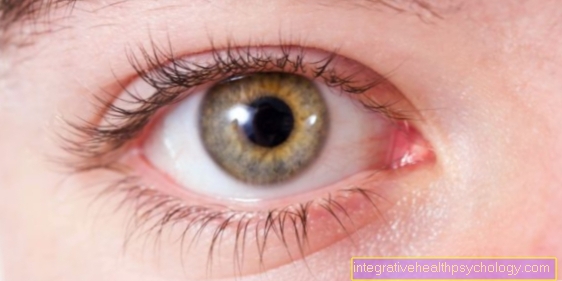
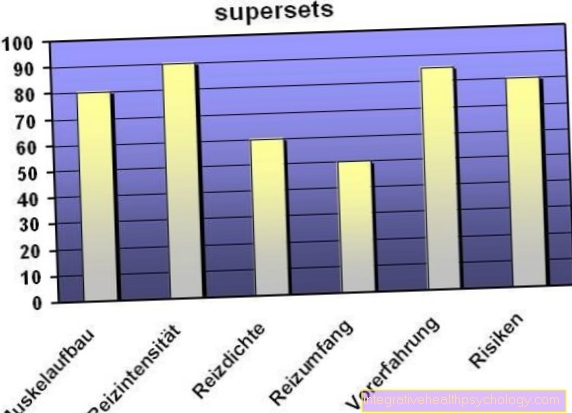







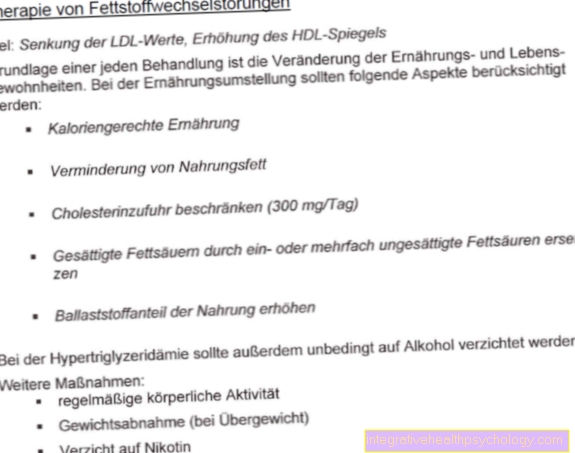










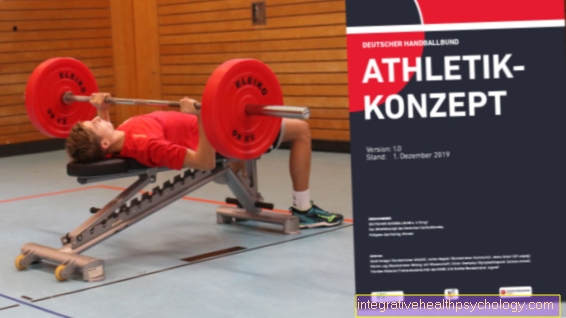

.jpg)



